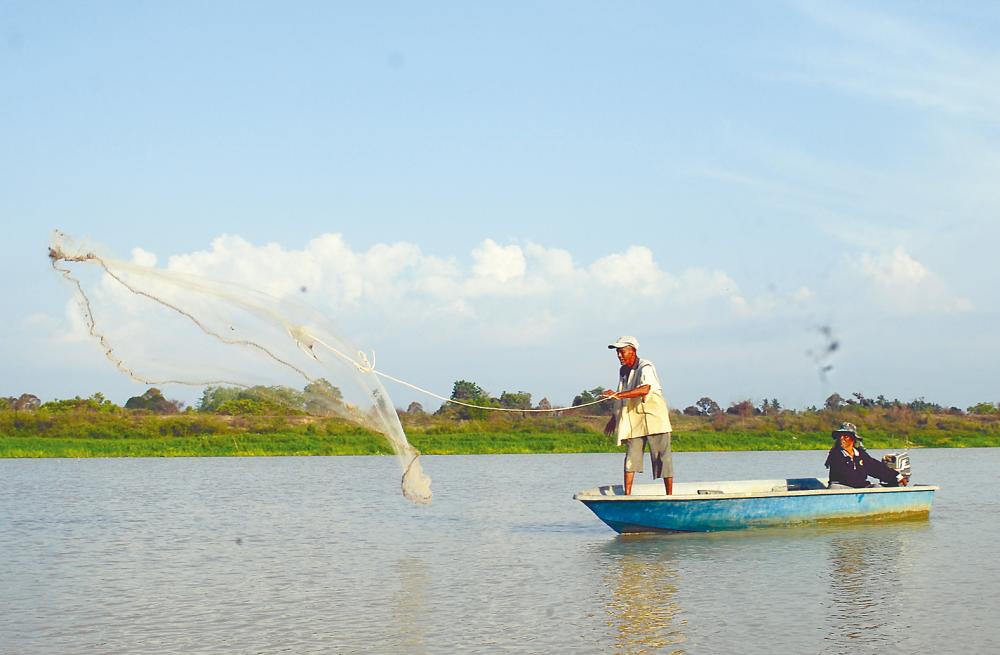THE first session of the United Nations Habitat Assembly starts in Nairobi on Monday. Penang Chief Minister Chow Kon Yeow, acompanied by heads of the two local authorities, the executive councillor for local government and a few other officials will be attending.
It’s an honour that the executive director of the UN-Habitat is the former and first mayor of Penang, Datuk Maimunah Mohd Sharif.
In 2015, more than 190 world leaders had committed to 17 Sustainable Development Goals (SDGs) with a view to “end extreme poverty, fight inequality and injustice and fix climate change” and agreed that each had a role to play to achieve these goals for “a more prosperous, equitable and sustainable world”.
The 17 SDGs are no poverty, no hunger, good health, quality education, gender equality, clean water and sanitation, renewable energy, good jobs and economic growth, industry, innovation and infrastructure, reduce inequalities, sustainable cities and communities, responsible consumption, climate action, life below water, life on land, peace and justice, and partnerships for the goals.
The second goal is meant to “end hunger, achieve food security and improved nutrition and promote sustainable agriculture” through advancing sustainable agriculture and achieving food security”.
Goal No 14 is to “Conserve and sustainably use the oceans, seas, and marine resources for sustainable development”. It goes on to give a short explanation thus: “Our oceans and seas are being threatened and destroyed by human activities like marine pollution, overfishing, and destruction of marine habitats. Oceans cover three quarters of the Earth’s surface, and they are home to nearly 200,000 species. That marine and coastal biodiversity isn’t just beautiful; it provides the livelihoods of more than 3 billion people. We can stop and reverse the damage we have done to our world’s oceans if we act quickly to conserve and protect our marine resources and habitats”.
Penang has fallen head over heels in love with the developers’ idea of urban development with the creation of three man-made islands totalling 1,821ha, south of the main island of Penang, to outdo Singapore’s Marina Bay.
This area is a centuries old inshore fishing area rich in seafood. The Fisheries Department recognises this area as a vital fish breeding ground, and has been taking measures to protect it from being damaged or destroyed by trawlers.
However, the Penang government, while subscribing to the UN-Habitat’s Sustainable Development Goals (SDGs), is hell bent on destroying for good this rich fishing ground in the name of development.
In an interview with the executive director of Penang Institute, Maimunah had mentioned about “doing things differently”.
Penang’s three-island project is meant to outdo Singapore’s Marina Bay. Why has Penang got to compete with Singapore? Why can’t Penang be different from Singapore?
What is the problem of having rich agricultural land or sea food producing areas next to concrete cities? Are such food producing areas eyesores for people living in condominiums and bungalows? There is a need to drive home into nations’ leaders that the most important kind of sustainable development that the world needs is food security. It is no point having various kinds of “development” if people are not going to have sufficient food to go around. World population is expected to double in the next 50 years, and double again in the following 50 years. Is this sustainable? Is no thought being given to the food needs of this multiplying population? Should the present generation be so oblivious of this and encourage development that destroys food producing areas that are irreplaceable?
The session of the UN Habitat Assembly which starts on Monday should give serious thought to establishing Sustainable Development Goal No. 18 “food security” which should prohibit nations from destroying any land or sea which is a rich food producing area in the name of development. When such food producing areas are destroyed they cannot be replaced. The value of such land or sea cannot be measured in terms of money. Such food producing grounds are indispensable for true sustainable development and governments must keep these areas off limits to developers. Hence a specific goal on “food security” is needed.
Hopefully, the delegates from Penang will return and “do things differently” so that the rich fishing grounds which are acknowledged and being protected by the Fisheries Department will not be destroyed in the desire to outdo Marina Bay of Singapore. Penang does not need such “development”.
Ravinder Singh
Penang















